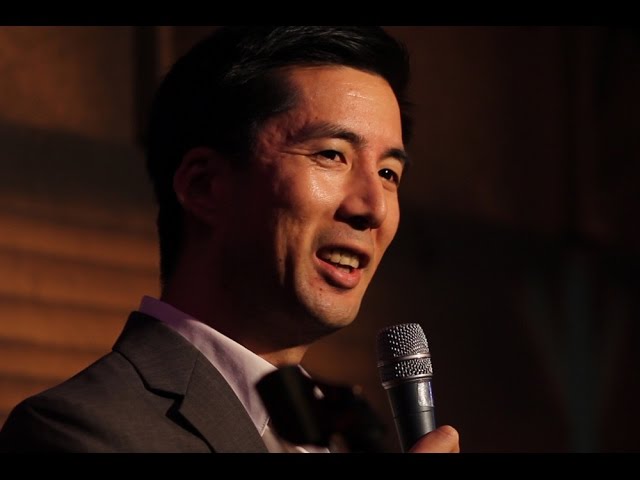CBT SoCal’s Dr. Martin Hsia leads staff training on Inference-based therapy


Obsessive compulsive disorder (OCD) is a complex mental illness and it is important for therapists to have as many tools in their tool box as possible, metaphorically speaking. Recently, Dr. Martin Hsia, CBT SoCal’s Clinical Director, led a staff training on a relatively new approach to treating OCD called Inference-based therapy (IBT).
What is inference-based therapy?
Developed in the late 1990’s by researchers in Canada and currently gaining more support from researcher and practioners, IBT is a cognitive approach to addressing OCD that can be utilized as an alternative to exposure and response prevention (ERP). IBT argues that obsessions are internally generated obsessive doubts rather than intrusive thoughts, which are externally generated. For example, if someone steps inside their home and notices that it is unusually cold, they will probably begin to notice thoughts such as, “Why is it so cold?” and “Did I leave the window open?” and “Is something wrong?” If the person does not live with OCD, the person might notice that the window is open and nothing else is amiss. They will then most likely no longer wonder about the situation. Obsessive doubt, however, is internally generated and not related to something the person notices in the environment. For example, someone living with OCD might step inside their home and, without physically noticing that the room is cold, experience internally generated doubt about whether or not the room is cold. The person might experience the thoughts, “Is it cold in here?” and “Did I leave the window open?” and “I see the window is open but what if I left it open and an intruder came in here and closed it when they left?” Obsessive doubt leads to compulsions such as rumination or other rituals as the person tries to ease their anxiety.
How does inference-based therapy address OCD?
Whereas CBT utilizes (ERP), IBT makes use of a more cognitive approach. During IBT, people living with OCD work on increasing awareness of the first signs of obsessional doubt that set them on the path of compulsive behavior. IBT helps people to realize that obsessional doubt is akin to a “con man” trying to trick them into engaging in compulsions. A con man cannot be reasoned with, they only tell lies that, when believed, lead to suffering. When people living with OCD are able to view their obsessions as the lies of a con man, it becomes much less challenging mitigate their effects.
If you are living with OCD and seeking effective treatment, contact us to find out more.

J. Scott Matthews, MS, LPC
Interested in learning more.
Jason von Stietz
Thank you for commenting! You can find more info here:https://icbt.online/